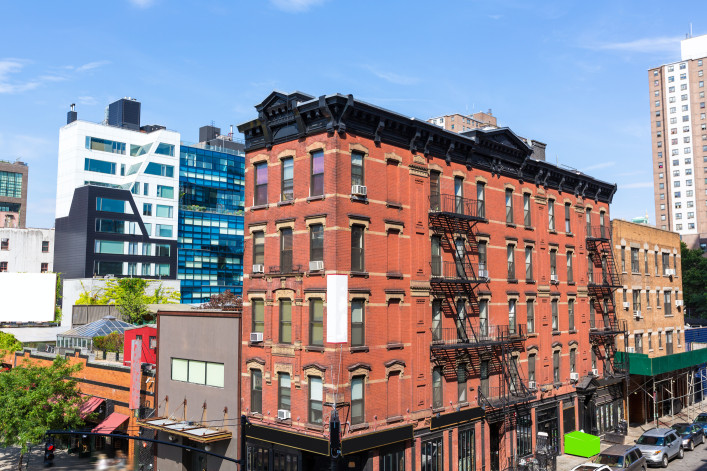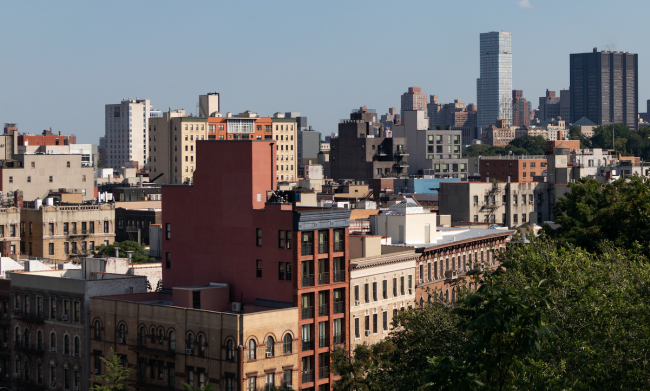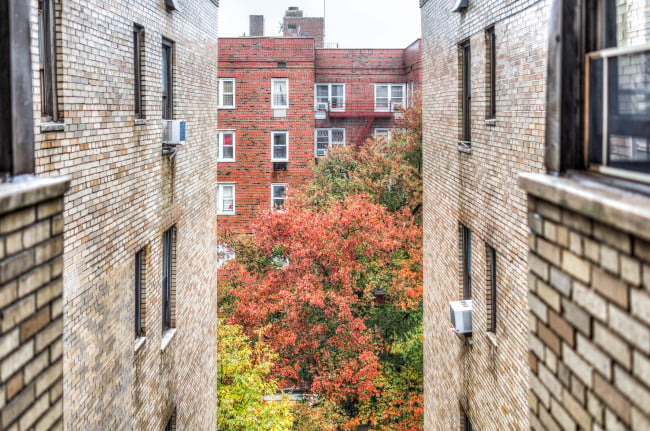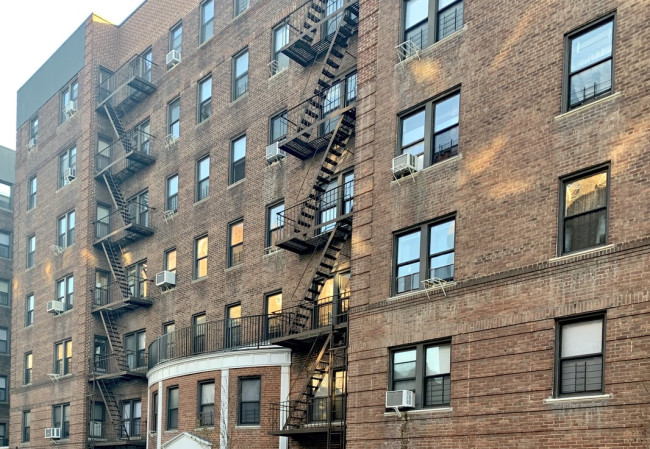If you live in a rent-stabilized unit, here's why your rent could be going up
- Renters who sign or renew a lease for a rent-stabilized apartment on or after Oct. 1st may see rent increases
- Hikes are capped at 2.75 percent for one-year leases and 5.25 percent for two-year leases

The Rent Guidelines Board approved rent increases for the city’s roughly 1 million rent-stabilized apartments earlier this year
iStock
If your lease for a rent-stabilized apartment starts tomorrow, you can expect a slightly higher bill.
Landlords can increase rents for rent-stabilized apartments for leases commenced on or after Oct. 1st, 2024. These rent hikes are capped at 2.75 percent on one-year leases and 5.25 percent on two-year leases across the city’s rent-stabilized apartments, lofts, and hotels.
The Rent Guidelines Board approved rent increases for the city’s roughly 1 million rent-stabilized apartments earlier this year, despite protests from both tenant advocates and landlord groups alike.
It’s important to know that while your landlord can raise your rent to the RGB’s legal threshold, they don’t have to. You can try to negotiate a smaller rent increase with your landlord, dubbed a preferential rent, and use the conversation about your renewal as an opportunity to ask for repairs. (If you do secure a preferential rent, you're entitled to pay that amount until you move out.)
If your landlord ignores these legal caps, you have a few options. You can let them know about the caps and ask that the lease be corrected, or file an overcharge complaint with the Division of Housing and Community Renewal by filling out this form. You could also withhold rent or sue, though it’s important to weigh that decision carefully, and ideally, with a lawyer.
Make sure to get a copy of your rent history first so you can figure out what you should be charged. (And FYI, a landlord can raise your rent further in exchange for making improvements in your apartment or major, building-wide upgrades.)
If you’re not sure whether or not you’re rent-stabilized, look for a rent-stabilization rider: a document from the DHCR at the end of your lease.
[Editor's note: This story was updated to reflect that rent increases begin for leases commenced on or after Oct. 1st, not at lease signing.]






























